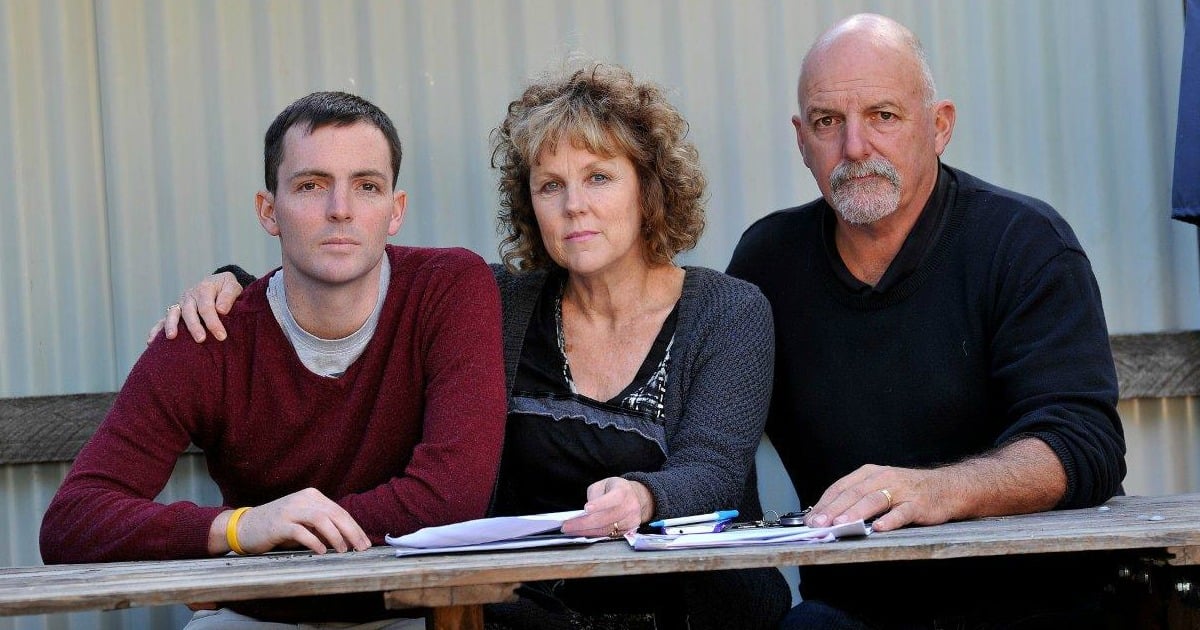In 2010, my happy life as a rural nurse and mother took an unwelcome turn when our third son, Dan, was diagnosed with stage 4 bowel cancer.
From that instant our lives changed, as we struggled to accept the reality that our beautiful son — a previously fit 2o-year-old with a bright future and love of life — was facing at best an uncertain future reliant upon aggressive treatments, and at worst a death sentence.
When Dan first tried cannabis, we had reached a point of utter desperation. He had endured more than three years of continuous gruelling chemotherapy, multiple major surgeries, oncothermia and radiation. Dan battled anticipatory nausea, where just the thought of chemotherapy would cause him to vomit before he had even left home for treatment. To watch this every fortnight as a parent was absolutely soul destroying. He had tried every available anti-nausea medication but nothing worked.





Top Comments
Great piece
RIP Dan
Its horrible that a great medicine is illegal. It could help millions if government pulled their head out their behind